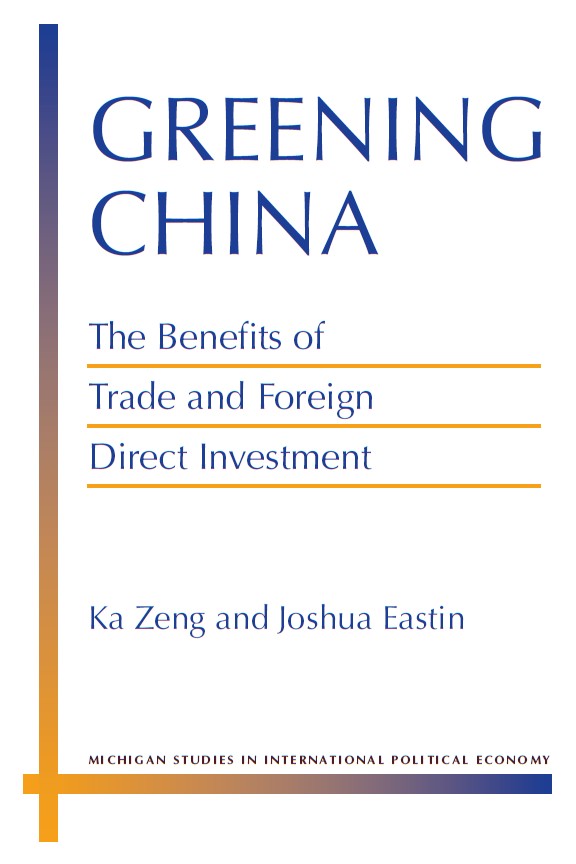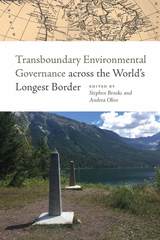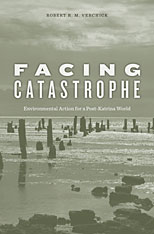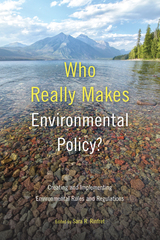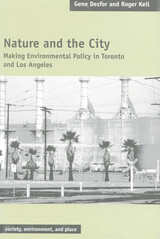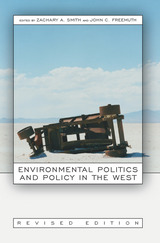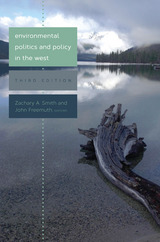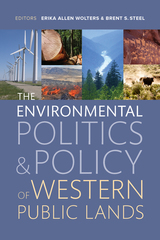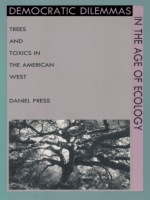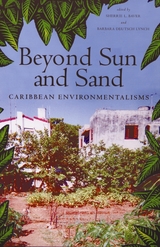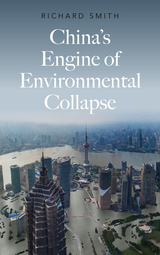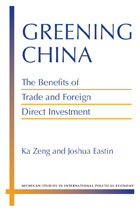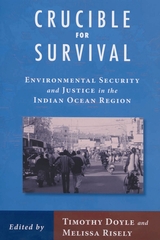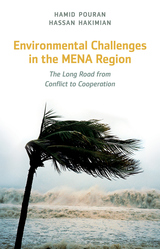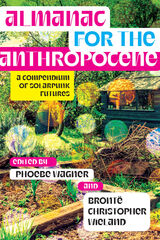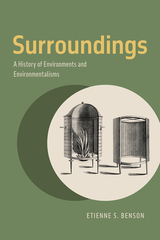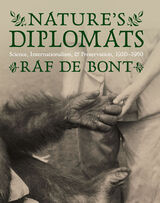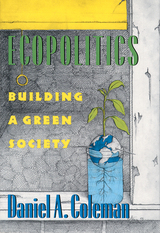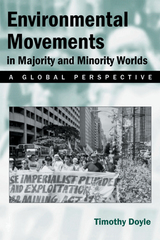Greening China: The Benefits of Trade and Foreign Direct Investment
University of Michigan Press, 2011
eISBN: 978-0-472-02710-1 | Cloth: 978-0-472-11768-0
Library of Congress Classification GE190.C6Z45 2011
Dewey Decimal Classification 333.720951
eISBN: 978-0-472-02710-1 | Cloth: 978-0-472-11768-0
Library of Congress Classification GE190.C6Z45 2011
Dewey Decimal Classification 333.720951
ABOUT THIS BOOK | AUTHOR BIOGRAPHY | TOC | REQUEST ACCESSIBLE FILE
ABOUT THIS BOOK
“The authors make some very critical interventions in this debate and scholars engaged in the environmental ‘pollution haven’ and ‘race to the bottom’ debates will need to take the arguments made here seriously, re-evaluating their own preferred theories to respond to the insightful theorizing and empirically rigorous testing that Zeng and Eastin present in the book.”
—Ronald Mitchell, University of Oregon
China has earned a reputation for lax environmental standards that allegedly attract corporations more interested in profit than in moral responsibility and, consequently, further negate incentives to raise environmental standards. Surprisingly, Ka Zeng and Joshua Eastin find that international economic integration with nation-states that have stringent environmental regulations facilitates the diffusion of corporate environmental norms and standards to Chinese provinces. At the same time, concerns about “green” tariffs imposed by importing countries encourage Chinese export-oriented firms to ratchet up their own environmental standards. The authors present systematic quantitative and qualitative analyses and data that not only demonstrate the ways in which external market pressure influences domestic environmental policy but also lend credence to arguments for the ameliorative effect of trade and foreign direct investment on the global environment.
See other books on: Benefits | International trade | Kinship | Trade | Trade & Tariffs
See other titles from University of Michigan Press
